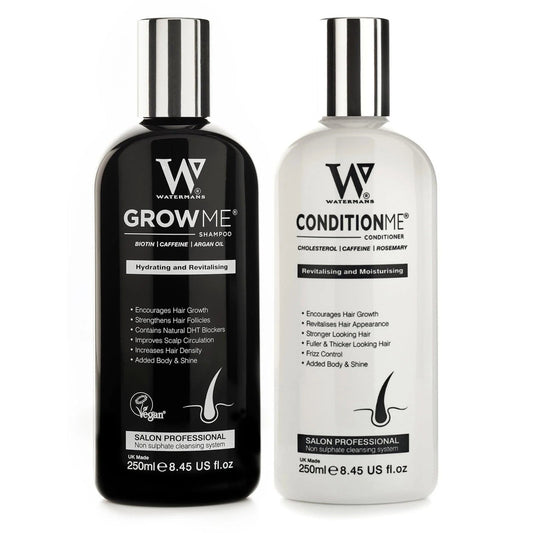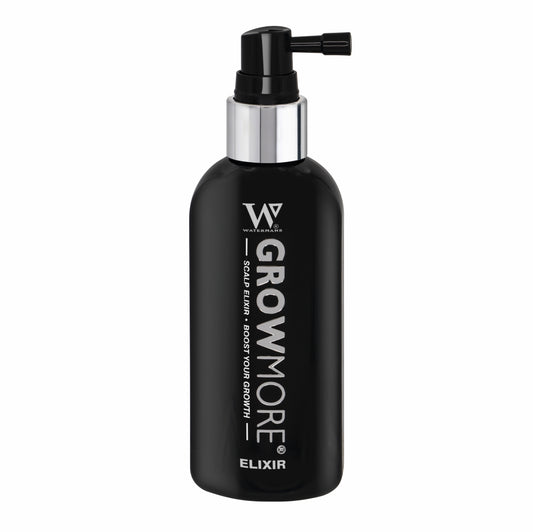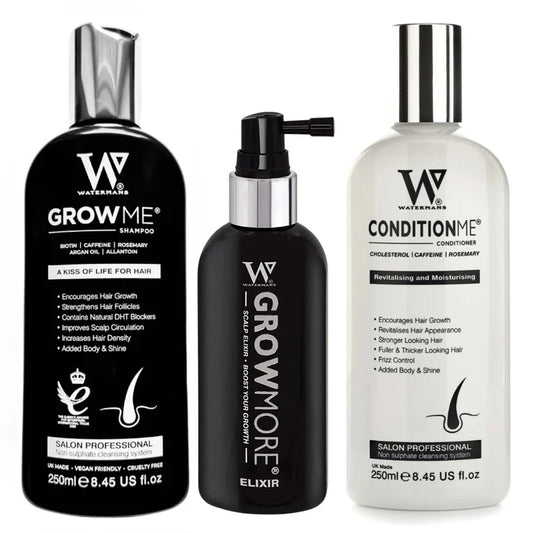Shedding Too Much: Understanding the Dangers of Excessive Weight Loss and How to Achieve a Healthy Balance
Share

Excessive Weight Loss: Understanding the Dangers and How to Achieve a Healthy Balance
Excessive weight loss might seem like a goal achieved by many, but losing too much weight too quickly or unintentionally can lead to serious health problems. In this comprehensive guide, we will explore what excessive weight loss is, why it happens, its dangers, and most importantly, how to maintain a healthy balance. Whether you want to shed a few pounds or are worried about losing weight without trying, understanding these crucial details will empower you to make safe and informed choices.
What Is Excessive Weight Loss?
Excessive weight loss refers to losing more body weight than is considered healthy or typical within a given time frame. It can be intentional—like crash dieting—or unintentional, where there is no clear cause. Typically, losing more than 5% of your body weight in 6 to 12 months without trying could raise concerns. For example, if you weigh 150 pounds and lose more than 7.5 pounds unintentionally in a short period, this might warrant a medical checkup.
Weight loss itself isn’t necessarily harmful—in fact, many people aim to shed extra pounds for better health. However, when weight loss becomes too rapid, extreme, or unexplained, it can signal underlying problems.
Common Causes of Excessive Weight Loss
There are many reasons someone may experience excessive weight loss, including:
- Poor Nutrition: Not eating enough calories or lacking essential nutrients can cause your body to burn muscle and fat.
- Medical Conditions: Diseases like diabetes, thyroid disorders, cancer, gastrointestinal issues, and infections may lead to sudden weight loss.
- Mental Health Issues: Conditions such as anxiety, depression, and eating disorders (e.g., anorexia or bulimia) often impact eating habits and metabolism.
- Medication Side Effects: Some medicines may reduce appetite or increase metabolism, causing weight loss.
- Lifestyle Factors: High levels of physical activity without appropriate nutritional intake can tip the balance toward unhealthy weight loss.
Knowing the root cause is essential to addressing excessive weight loss effectively.
Why Is Excessive Weight Loss Dangerous?
Losing too much weight too quickly can reduce muscle mass, lower immune function, and cause nutrient deficiencies. Here are key dangers:
1. Muscle Loss and Weakness
When your body does not get enough calories, it begins breaking down muscle tissue for energy. This makes you feel weak, tired, and less able to perform daily tasks.
2. Nutrient Deficiencies
Crucial vitamins and minerals like iron, calcium, and vitamins A and D may become deficient, leading to problems such as anemia, brittle bones, and skin issues.
3. Weakened Immune System
Too little fat and muscle reduce your body’s ability to fight infections. You may get sick more often or have longer recovery times.
4. Hormonal Imbalances
Extreme weight loss can disrupt hormones responsible for menstruation, metabolism, and mood regulation, affecting overall health.
5. Heart Problems
Losing weight quickly strains your heart, potentially leading to arrhythmias, heart palpitations, or in severe cases, heart failure.
How to Achieve Healthy Weight Balance
Maintaining a healthy weight means balancing energy intake with how much you burn through activity and biological processes. Here’s how to create a sustainable approach:
1. Set Realistic Goals
Weight loss or gain should be gradual — about 1-2 pounds per week is considered safe and sustainable. Quick fixes rarely last and can harm your body.
2. Eat Nutrient-Rich Foods
Focus on whole foods like fruits, vegetables, whole grains, lean proteins, and healthy fats. These supply your body with the fuel and nutrients it requires.
3. Stay Hydrated
Water supports digestion, circulation, and the elimination of waste, important factors for maintaining a healthy weight.
4. Exercise Regularly
Combining cardio with resistance training helps build muscle, burn calories, and boost metabolism.
5. Monitor Your Weight and Health
Regular checkups with your healthcare provider can identify potential issues early. Use gentle scales, and avoid obsessive monitoring.
6. Manage Stress and Sleep
Stress hormones can cause weight fluctuations, and poor sleep disrupts metabolism. Prioritize rest and relaxation.
The Surprising Link Between Hair Loss and Excessive Weight Loss
Did you know that excessive weight loss can contribute to hair thinning and hair loss? Hair follicles require adequate nutrients and hormones to stay healthy. When your body lacks key vitamins and minerals due to rapid weight loss or poor diet, hair growth can slow down, and more hair may fall out than usual.
What Causes Hair Loss from Weight Loss?
- Nutrient Deficiency: Lack of iron, zinc, biotin, and essential fatty acids can stunt hair growth.
- Telogen Effluvium: This is a stress-related condition where hair prematurely enters the shedding phase post weight loss.
- Hormonal Changes: Weight loss disrupts hormones that regulate hair growth cycles.
If you find your hair thinning after losing weight, it’s a sign to re-evaluate your nutrition and health regime.
Natural Ways to Support Hair Growth During Weight Loss
If you want to lose weight but keep your hair thick and healthy, consider natural treatments that nourish your scalp and follicles. One of the top options is Watermans Grow Me Shampoo, which contains powerful natural ingredients designed to energize your scalp and volumize hair from the roots.
Why Choose Watermans Grow Me Shampoo?
- Biotin: Supports keratin production for stronger hair strands.
- Rosemary: Stimulates scalp circulation for healthy follicles.
- Caffeine: Energizes hair roots and may reduce hair fall.
- Niacinamide: Enhances scalp barrier and improves circulation.
- Argan Oil: Rich in antioxidants that repair and hydrate hair.
- Allantoin: Soothes irritation and promotes scalp health.
- Lupin Protein: Nourishes hair with essential amino acids.
Watermans Grow Me Shampoo is a natural, non-medical solution for hair loss and hair growth. You can learn more about it here.
Using such products alongside a balanced diet and gentle hair care can help keep your hair vibrant, even if you’re losing weight.
Meal Ideas to Prevent Excessive Weight Loss and Boost Hair Health
Eating to balance weight loss with proper nutrition and hair care doesn’t have to be complicated. Here are some simple, delicious meals you can try:
Breakfast
- Greek yogurt topped with nuts, seeds, and fresh berries (rich in protein, healthy fats, and antioxidants)
- Whole-grain toast with avocado and a boiled egg (provides healthy fats, vitamins, and protein)
Lunch
- Quinoa salad with chickpeas, spinach, cherry tomatoes, and olive oil (fiber, iron, and healthy fats)
- Grilled chicken with roasted sweet potatoes and steamed broccoli (lean protein with complex carbs and vitamins)
Dinner
- Baked salmon with wild rice and sautéed kale (omega-3 fatty acids, proteins, and minerals)
- Stir-fried tofu with mixed vegetables and brown rice (plant-based protein, vitamins, and fiber)
Snacks
- A handful of almonds or walnuts (healthy fats and vitamin E)
- Carrot sticks with hummus (fiber and protein)
Lifestyle Tips to Avoid Unhealthy Weight Loss and Promote Hair Health
- Avoid Extreme Diets: Fad diets that cut out entire food groups can cause nutrient shortages.
- Eat at Regular Intervals: Skipping meals can trigger muscle breakdown and slow metabolism.
- Limit Stress: Chronic stress affects weight and hair health negatively; use techniques like meditation or yoga.
- Get Adequate Sleep: Aim for 7-9 hours nightly to allow your body to repair.
- See a Doctor if You Notice Rapid Weight Loss: Early diagnosis is key to preventing complications.
Frequently Asked Questions (FAQs) About Excessive Weight Loss
Q1: How much weight loss is considered excessive?
A: Losing more than 5% of your body weight unintentionally within 6 months is typically considered excessive and should prompt a medical checkup.
Q2: Can excessive weight loss cause hair loss?
A: Yes, rapid weight loss can lead to nutrient deficiencies and hormonal changes that result in hair thinning or shedding.
Q3: Is rapid weight loss always unhealthy?
A: Not always. Weight loss of 1-2 pounds per week can be healthy if it’s well-managed with proper nutrition and exercise.
Q4: What should I do if I’m losing weight without trying?
A: It’s important to see a healthcare provider to rule out underlying medical issues.
Q5: How can I prevent hair loss during weight loss?
A: Maintain a nutrient-rich diet, avoid crash diets, and consider using products like Watermans Grow Me Shampoo to support scalp health.
Q6: What vitamins help with hair growth?
A: Biotin, vitamin D, iron, zinc, and niacinamide are all essential to healthy hair growth.
Q7: Can stress cause weight loss?
A: Yes, stress can lead to a loss of appetite or digestive issues that result in weight loss.
Q8: Is it possible to gain weight in a healthy way?
A: Yes, by eating nutrient-dense foods, engaging in resistance training, and getting adequate rest.
Did You Know? Fascinating Facts About Excessive Weight Loss and Hair Health
- Did you know excessive weight loss can slow your metabolism as your body tries to conserve energy? This makes future weight loss more challenging.
- Did you know up to 70% of women with eating disorders experience temporary hair loss due to nutrient deficiencies?
- Did you know rosemary oil has been used for centuries to stimulate hair growth and improve circulation?
- Did you know caffeine in shampoos like Watermans Grow Me Shampoo helps block a hormone called DHT that can contribute to hair loss?
- Did you know your nails and hair quickly reflect nutritional deficiencies because they require many vitamins to grow?
Maintaining a healthy balance between weight control and overall wellness is essential. If you are facing excessive weight loss or hair thinning, taking early action by improving your diet and incorporating natural scalp treatments like Watermans Grow Me Shampoo can make all the difference to your health and confidence. Remember, your body needs nourishment and care—not just a number on the scale.



